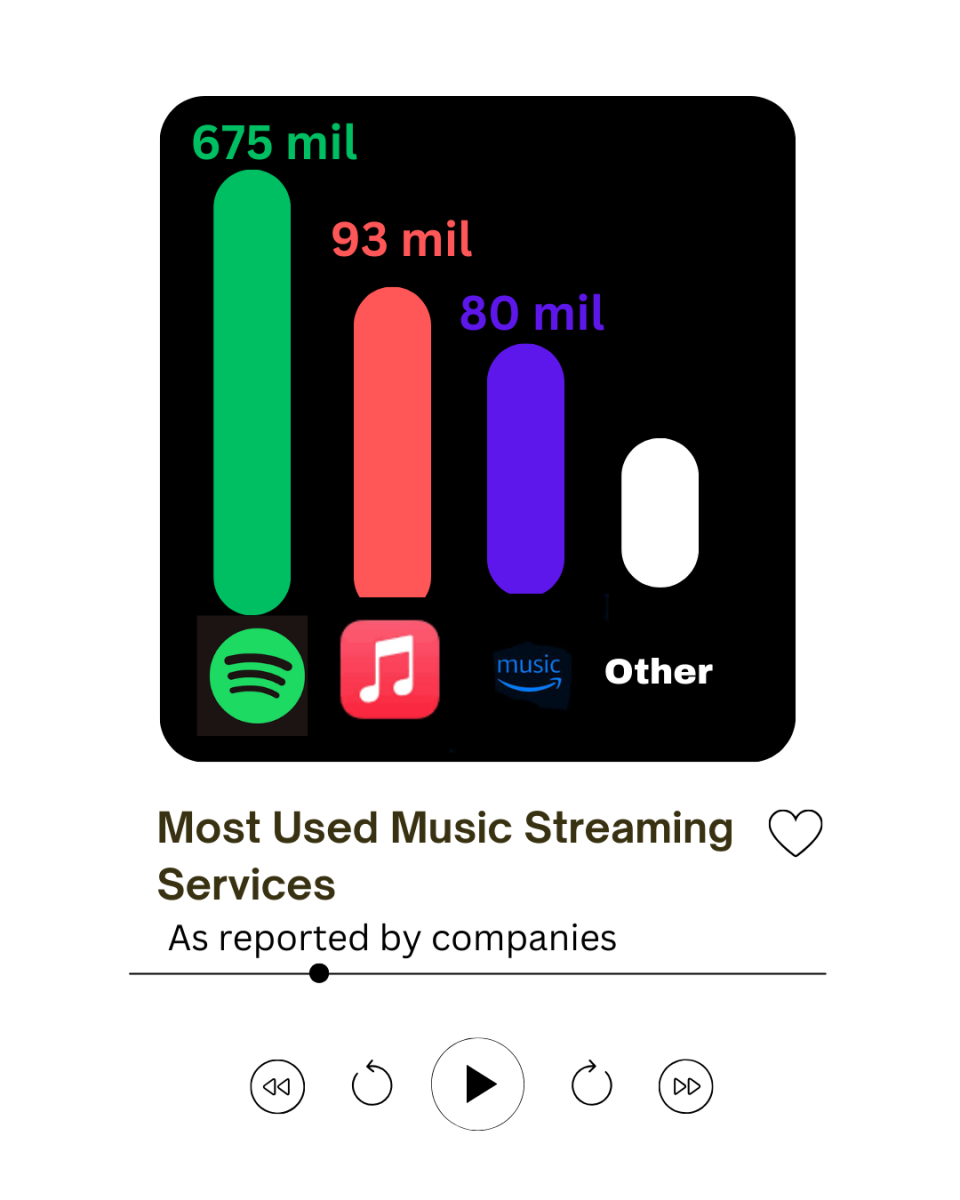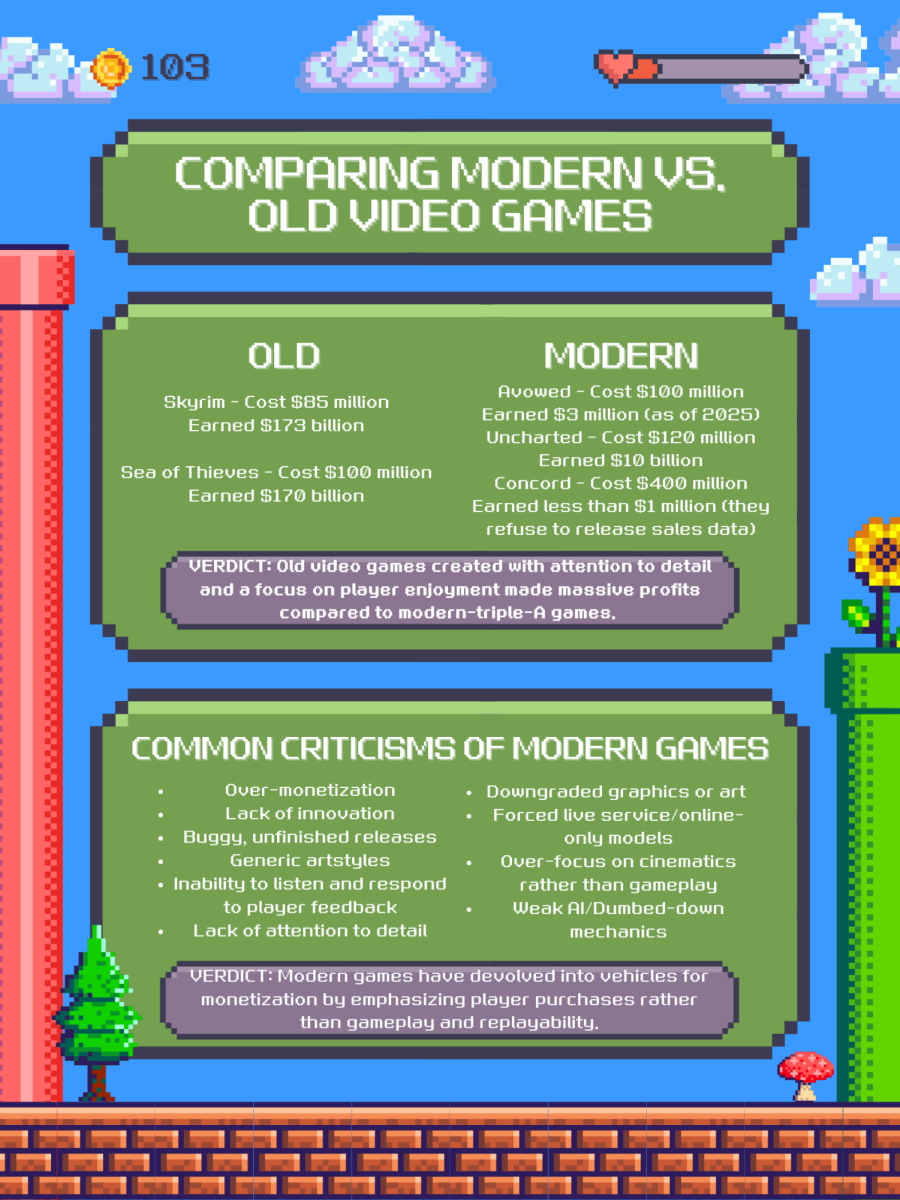
It seems that recently, people have begun to discuss their daily toil with more assertiveness; we’ve started to glorify being busy. Small talk these days often tends toward discussion about how full our schedules are and the nature of our constant activities. Sometimes such chat reaches a point where the two parties agree they are both too busy to be having their discussion regardless of their actual status.
The fact is, busy is cool, it connotes success, and “busyness” has undoubtedly taken on a growing importance in many Americans’ daily lives. The idea is intuitive: maximizing daily effectiveness can be achieved by packing our agendas. But what if maximizing effectiveness—what if productivity—is not what our end goal should be? This begs the question, then: What is our end goal, our objective? What is success?
Most Americans are aware of opportunity for social mobility through hard work, but the American meritocracy is constantly misconstrued. Some believe they’re entitled to success, while others disregard the American Dream as nonsense, instead settling for mediocrity as those who weren’t born into prominence. Whether self-righteous, supposedly victimized, or normal, however, the ultimate aspirations of our country’s people involve high social standing.
Thus, it is not at all surprising that so many prize being busy; it makes them feel as though they’re continually achieving success and becoming important by doing work they feel is significant. Like that of the Protestants, the American work ethic values effort and diligence, and among the bourgeois populace of towns like Libertyville it has perhaps had the highest cultural impact.
At LHS, which offers its own plethora of opportunities in the form of extracurricular activities, sports, and challenging classes, students are encouraged to apply themselves. Many do, and students sometimes fit several AP courses in with a host of endeavors outside of class.
If the intention in taking five or six of the school’s most difficult classes was challenging oneself to learn, striving to obtain new and exciting knowledge, then slogging through hours upon hours of nightly work would seem justifiable. Unfortunately, though, most who endure such a packed schedule don’t need to do so and probably shouldn’t.
There is certainly a very valid argument for filling up a school schedule, and it is often true that regardless of intention to learn or not to learn, one simply ends up learning just by taking hard classes. Yet, the excess and extremity of many courseloads can be more detrimental than beneficial to young minds.
Neverending busyness equates to nonstop working, which can lead to loss of sleep, resulting in adverse consequences for overall health; as we all know, late-night hours—even early morning hours—are often used for work to compensate for lost productivity during the day or simply because there’s too much stuff to do.
It can seem like a slippery slope argument, but this situation occurs all the time. One study cited by the National Sleep Foundation notes that only 15% of the high school students from whom data was collected reported getting 8.5 or more hours of sleep every night, the amount teenagers must have on a nightly basis in order to maintain optimal health and focus.
The point is that maintaining a holistic lifestyle is, for most people, more constructive than ceaseless exertion, and bragging about this continuous labor is just another way to justify the unnecessarily stressful lifestyle.
Success should equate to happiness and not to servitude to the insatiable cultural behemoth that dictates to us our social obligations. Hopefully soon, society will start to leave busy behind and worry more about its well-being: we’ll instead glorify being happy.








